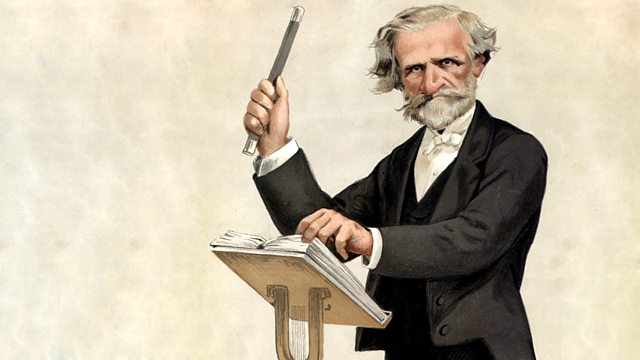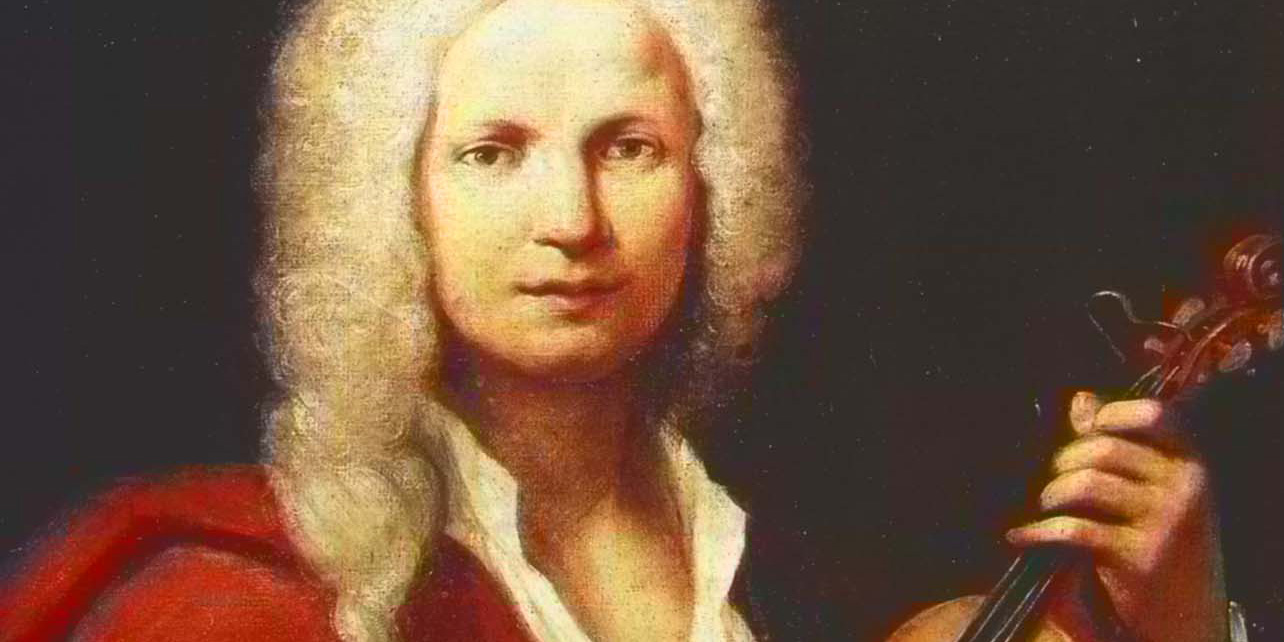
Verdi – Requiem
Giuseppe Verdi is best known for his operas, but one of his most profound and emotionally stirring works is not for the stage—it is the[…]

Vivaldi – Concerto for Two Trumpets
Antonio Vivaldi, the prolific Baroque composer from Venice, is celebrated today for his vivid, energetic compositions, with The Four Seasons being his most famous. Yet[…]

Vivaldi – L’Olimpiade
Antonio Vivaldi, one of the most influential composers of the Baroque period, is widely celebrated for his concertos, sacred music, and operas. Among his operatic[…]

Vivaldi – Orlando Furioso
Antonio Vivaldi, the celebrated Venetian composer of the Baroque period, is often associated with his instrumental music, especially The Four Seasons. Yet among his many[…]

Vivaldi – Mandolin Concerto
Antonio Vivaldi, one of the most celebrated composers of the Baroque era, is renowned for his lively and inventive concertos, many of which remain central[…]

Vivaldi – Gloria in D Major
Antonio Vivaldi, the brilliant Venetian composer of the Baroque era, is celebrated for his lively, expressive works that continue to captivate audiences centuries later. Among[…]

Vivaldi – Stabat Mater
Among the most moving sacred works of the Baroque era, Antonio Vivaldi’s Stabat Mater stands out for its profound emotional intensity and refined musical style.[…]

Vivaldi – Flute Concertos
Antonio Vivaldi (1678–1741), the celebrated Venetian composer and violinist, is widely renowned for his vivid concertos that capture the spirit of the Baroque era. While[…]

Vivaldi – Violin Concertos
Antonio Vivaldi (1678–1741), known as “The Red Priest” due to his red hair and clerical status, is one of the most celebrated composers of the[…]

Vivaldi – ‘L’estro armonico’ Concertos
Antonio Vivaldi’s L’estro armonico (The Harmonic Inspiration), Op. 3, is a landmark set of twelve concertos that holds a pivotal place in Baroque music. Published[…]